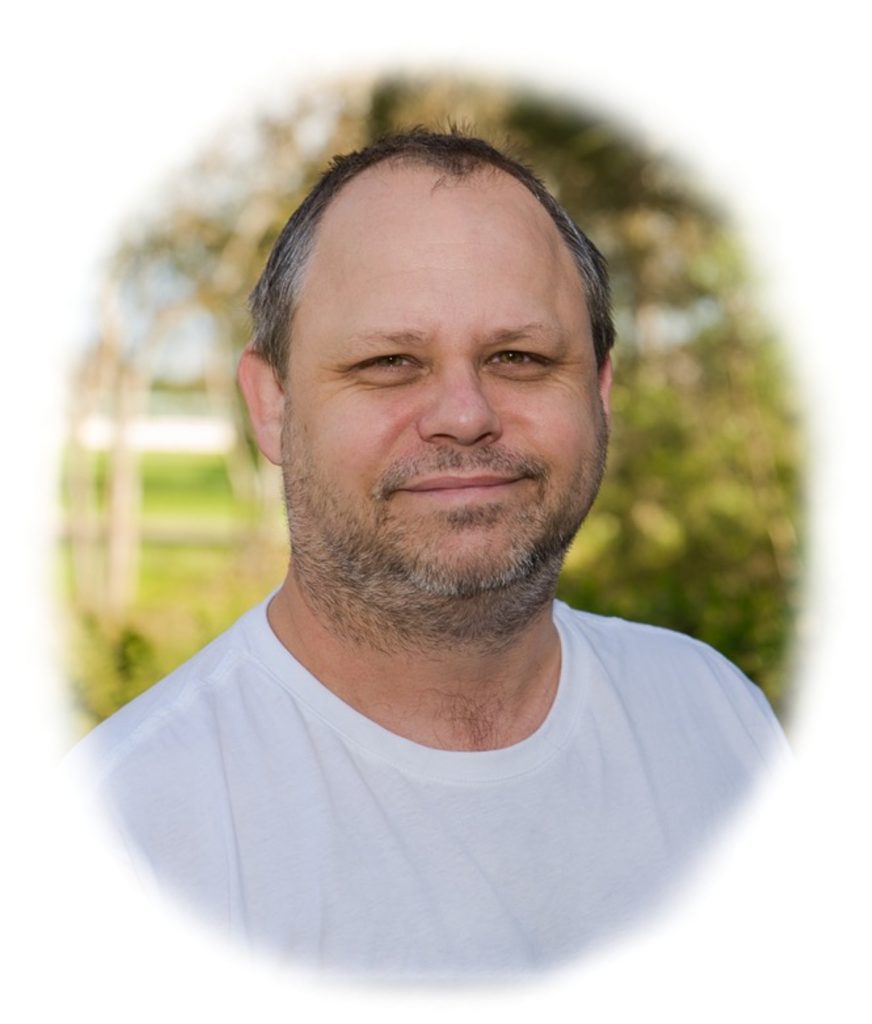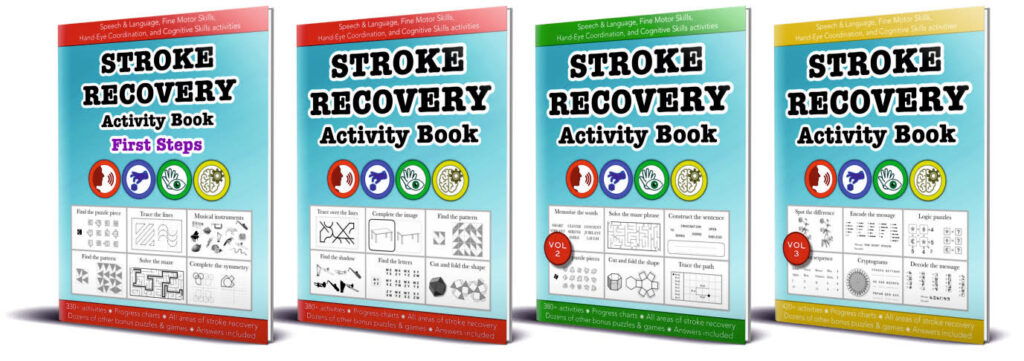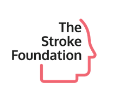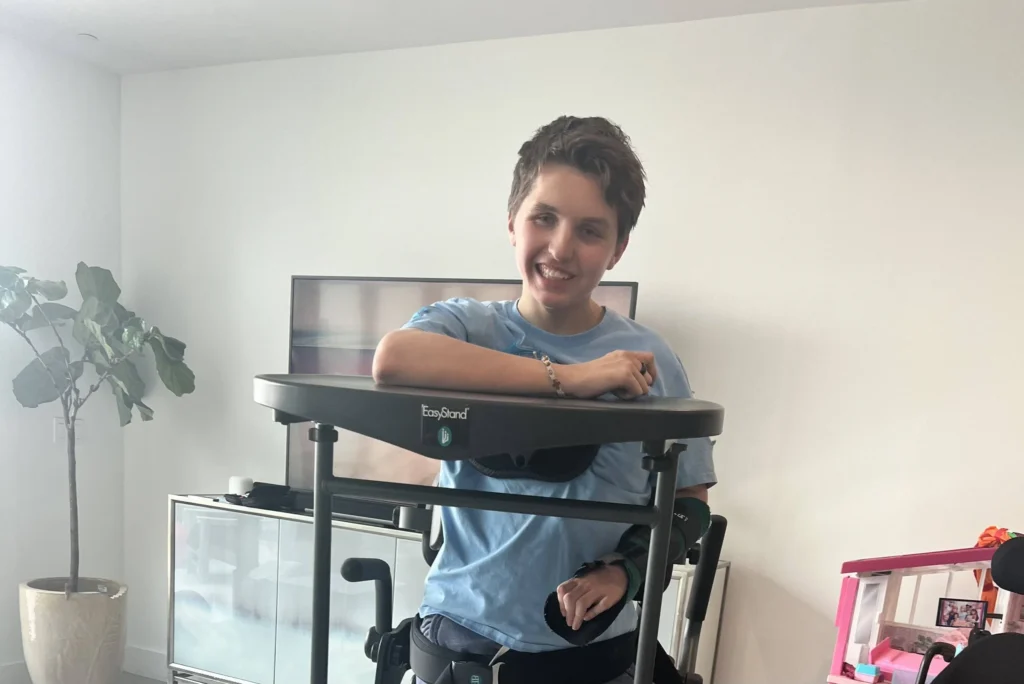
Christopher D. Morgan is an IT manager, New York Times & USA Today bestselling author, blogger, husband, parent, world traveler, and Founder of Bounce Learning Kids. He started Bounce Learning Kids as a way to directly impact his own children’s education, by creating visually effective and impactful workbooks.
After a loved one survived a stroke he quickly found that workbooks and educational resources specifically for stroke survivors were quite rare. “I wanted to find some appropriate activity book(s) but when I went looking, what I found on the market was really quite disappointing – mostly repurposed children’s books. Repackaging a children’s book and labeling it a Stroke Recovery book seemed to me to be patronizing.” So he took matters into his own hands and created an activity book specifically for use during stroke recovery.
His workbooks are specifically designed to empower stroke survivors, this comprehensive series offers a range of engaging exercises tailored to enhance speech, cognition, and motor skills.
Features & Benefits:
- Tailored Rehabilitation: Dive into meticulously crafted exercises, precisely targeted for your recovery needs, promoting effective healing.
- Diverse Activities: Engage in stimulating word games, intricate mazes, and creative challenges, ensuring a holistic approach to rehabilitation.
- Large Print & Easy-to-Read Graphics: Enjoy the convenience of large print and clear graphics, ensuring effortless engagement with every exercise.
- Progress Tracking: Utilize detailed progress charts to celebrate every milestone, fostering motivation and a sense of accomplishment.
- Over 380 Individual Exercises: Explore a vast array of exercises, offering variety and a personalized approach to your recovery journey.
- Emotional Support: Find solace, motivation, and joy in every page, offering not just exercises but a companion in your recovery journey.

Access the Bounce Learning Kids website here!
Get the workbooks on Amazon here!
We would like to thank Chris for his continued support and championship of stroke survivors and their recovery journey. It is because of people like him that we are hopeful that stroke rehabilitation can be an accessible reality.





